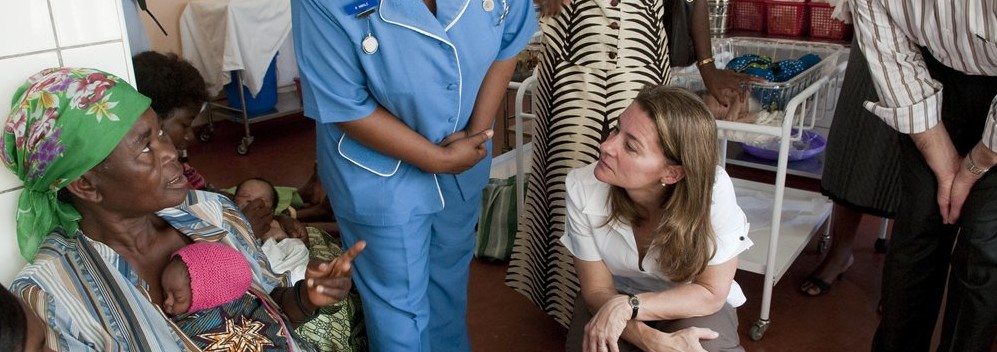Warwick ranks poorly for Global Health Research
The table, launched by Universities Allied for Essential Medicines (UAEM) and Medsin-UK, stated that although Warwick is highly commended for its contribution to innovative research, it “lacks commitment to equitable access to research and technologies”.
As such, Warwick was awarded a D+ grade by the study, and was ranked 14th for innovation, but just 24th for access to its research.
The reason for this is because Warwick has not committed to a policy which makes its research available to those in developing countries. This is in comparison to seven of the 25 leading research institutions which have.
However, the report does note that Warwick devotes 2.52 percent and 0.56 percent of its received research funding towards research for health in developing countries and neglected diseases, respectively. This is compared to a national average of 2 percent and 1.7 percent.
Warwick is part of several global health research projects which aim to invest in building future partnerships across both developed and developing countries and to form networks which share research to help combat diseases.
One example includes the ETAMBA project in which Warwick Medical School is collaborating with GE Healthcare, the Kaolinska Institute in Sweden, the Malawian Ministry of Health, the University of Malawi College of Medicine and Ifakara Health Institute in Tanzania.
It aims to train clinicians to be advanced leaders and works with the Consortium for Advanced Research Training in Africa – an initiative to enhance the researching capabilities across departments of various universities in Sub-Saharan Africa.
Regarding research that can be accessed online, the table showed that Warwick publishes 80 percent on the internet, which can be accessed for free. Even though on average, 82 percent of research from the 25 universities can be classified as “free-access”, some only allow as little as 60 percent to be freely retrieved.

Comments